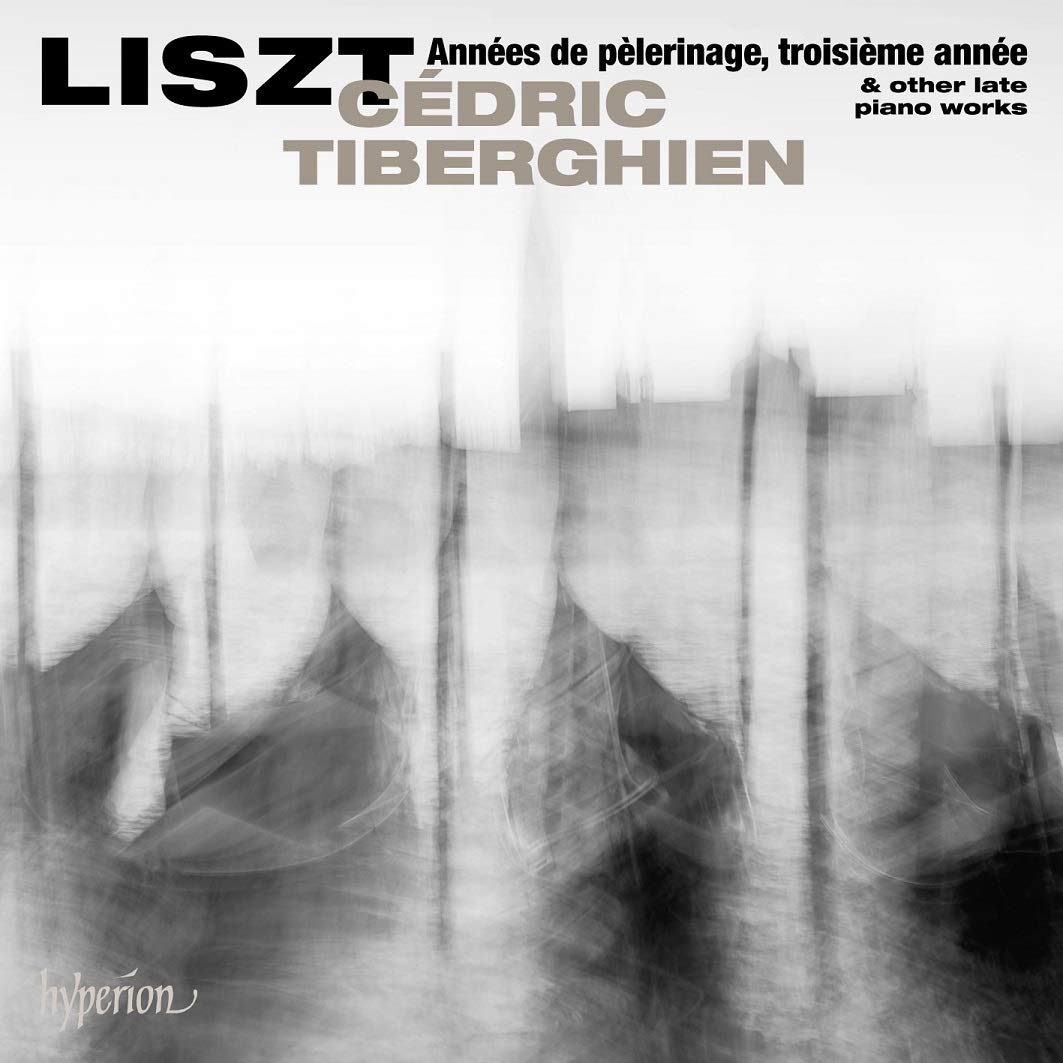
By the 1860s, Liszt had retired from the concert platform, resigned his post at Weimar and spent years in Rome with Princess Wittgenstein trying unsuccessfully to convince the Vatican to annul her marriage. Laid low by the deaths of two of his adult children, taking minor orders seemed another stunning career move for one who’s reputation as mad, bad and dangerous to know followed him into old-age; “Mephistopheles disguised as an Abbé”, “his black silk cassock fluttering ironically behind him.”
His aristocratic friend and patron Cardinal Hohenlohe provided him with an apartment in the Villa D’Este at Tivoli, some four hours by carriage from Rome. Liszt would treat it as his bolthole for the rest of his life, its magnificent gardens a sanctuary of placid beauty and inspiration for the three masterpieces at the centre of his third collection of “poetic fragments” from his Years of...










Comments
Log in to join the conversation.